The Roseate Spoonbill is a fascinating bird that captures the attention of many bird enthusiasts and nature lovers alike. Its unique appearance, with its bright pink feathers, long legs, and spoon-shaped bill, sets it apart from other wading birds. However, there is much more to this bird than just its looks.
In terms of appearance and characteristics, the Roseate Spoonbill is a medium-sized wading bird that stands about two and a half feet tall and has a wingspan of approximately four feet. Its most notable feature is its broad and flat spoon-shaped bill that allows it to sift through mud and shallow water to catch prey. During breeding season, the bird’s feathers become even brighter and more vibrant, with a deep pink hue. It is a beautiful sight to behold in its natural habitat.

When it comes to habitat and distribution, the Roseate Spoonbill can be found in parts of the United States, Central and South America, and the Caribbean. It typically prefers wetlands, marshes, and shallow coastal areas where it can find an abundance of food. Unfortunately, the bird’s range has decreased over time due to habitat loss and degradation. Nonetheless, it is still found in many areas.
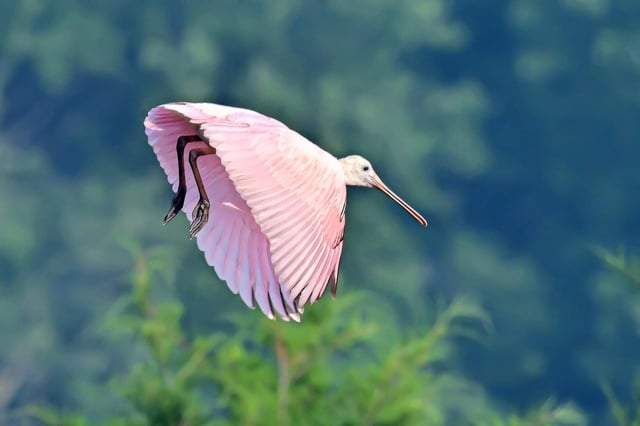
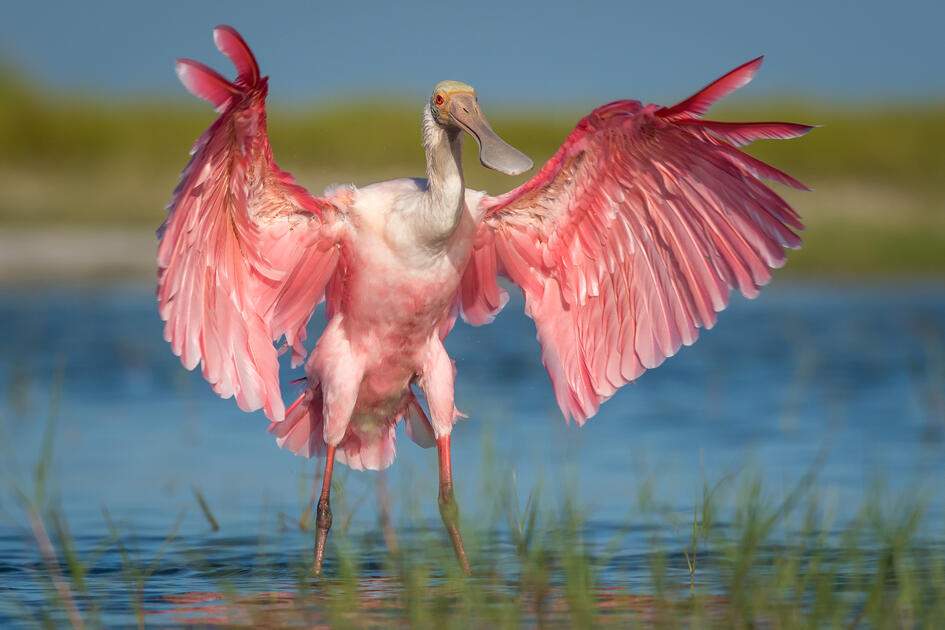
The Roseate Spoonbill is a social bird that often nests in large colonies with other wading birds. It is mostly active during the day and feeds mainly on small fish, crustaceans, and insects, which it catches using its unique bill. The bird uses its bill to sweep back and forth through the water, filtering out food as it goes. Although it primarily feeds on these small creatures, it has also been known to occasionally feed on small mammals and amphibians.
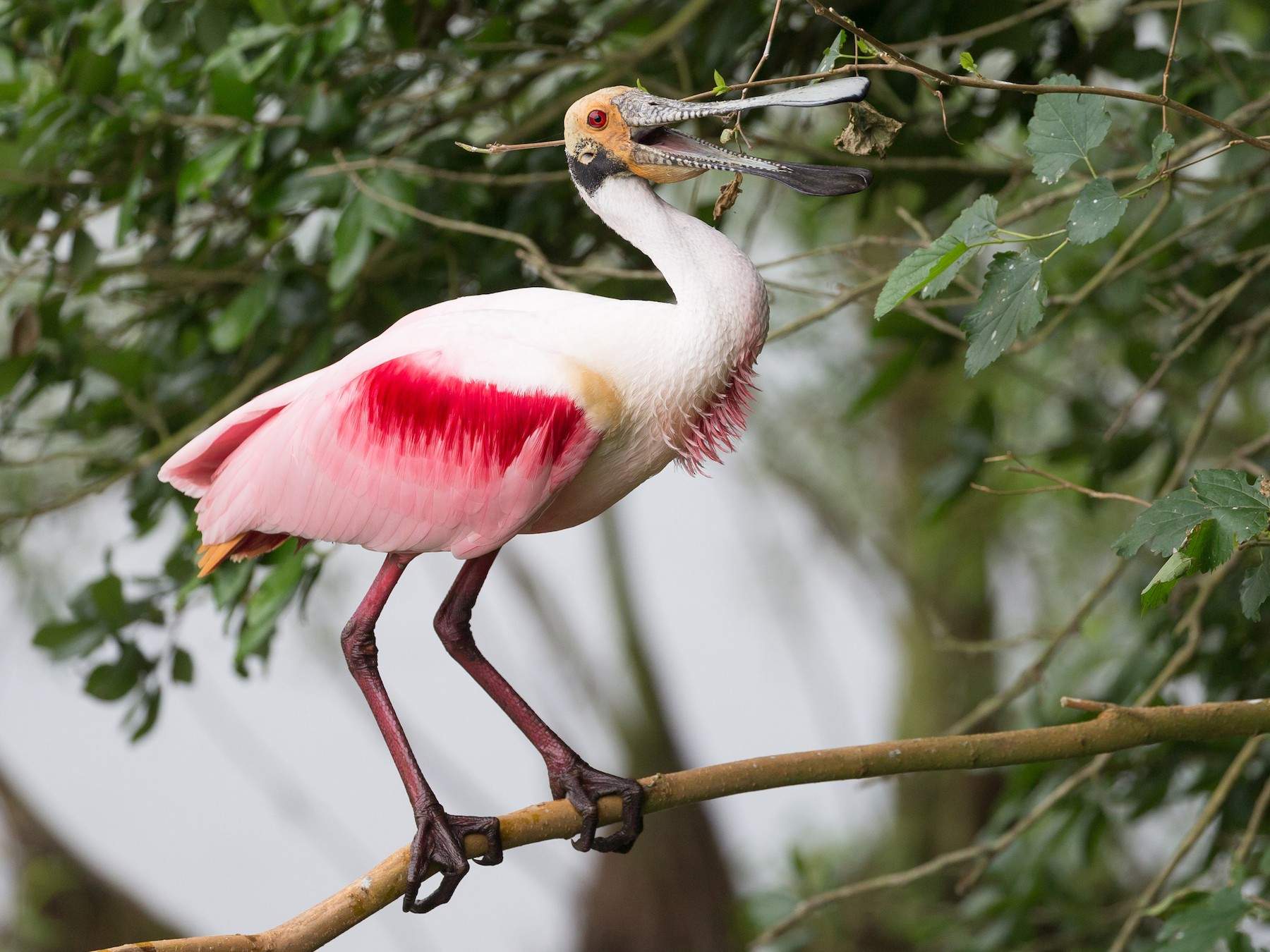
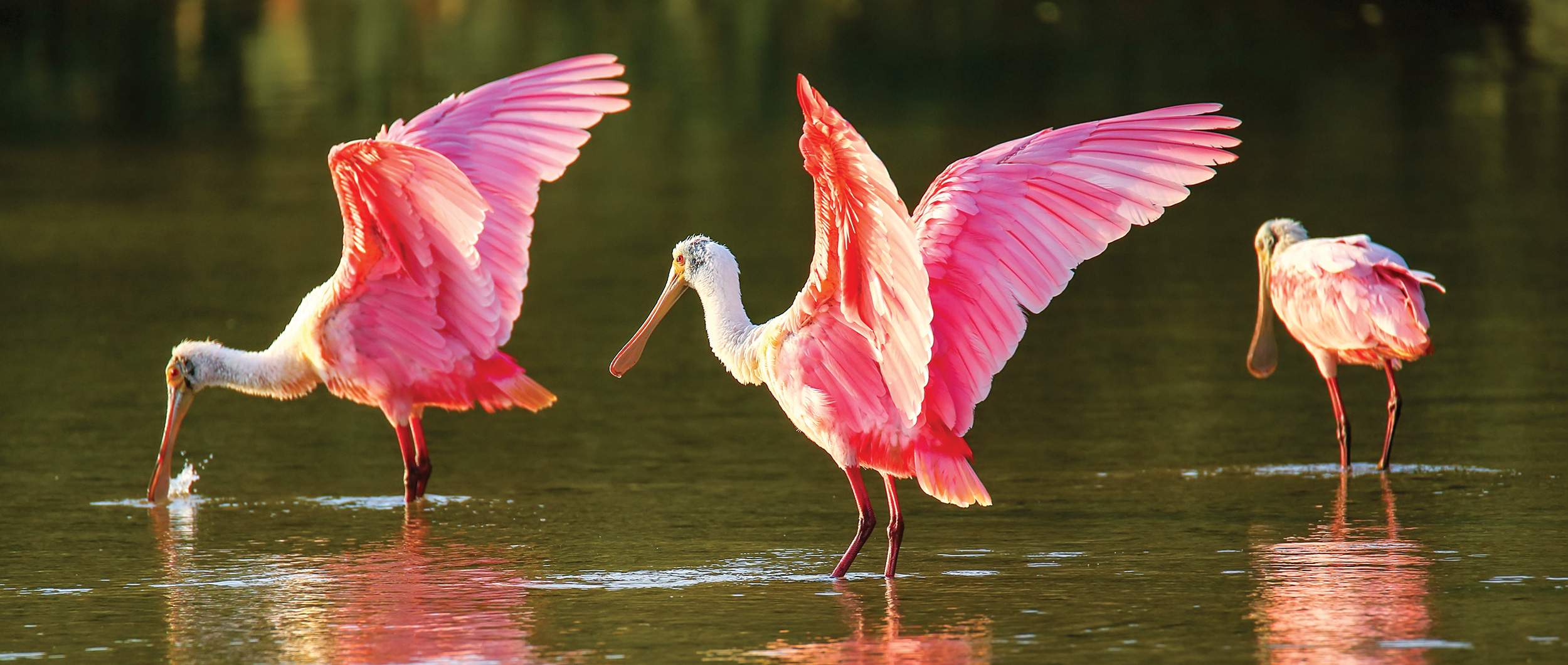
Finally, the conservation status of the Roseate Spoonbill is an important topic to consider. It is currently listed as a species of least concern on the International Union for Conservation of Nature’s (IUCN) Red List of Threatened Species. However, its population has declined in some areas due to habitat loss, hunting, and pollution. To ensure that this magnificent bird continues to thrive for generations to come, conservation organizations are working to raise awareness about the importance of preserving wetlands and marshes, which are essential habitats for the Roseate Spoonbill.
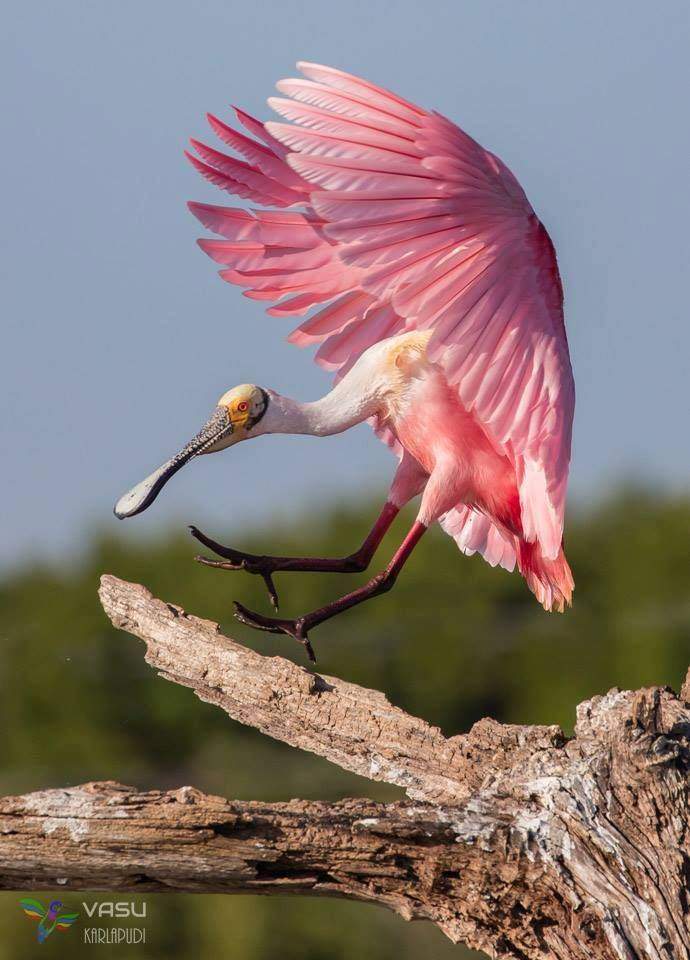

In conclusion, the Roseate Spoonbill is a unique and beautiful bird that is worth admiring and protecting. With its distinctive appearance and behavior, it is a fascinating subject for further study. By taking steps to conserve and protect its habitat, we can help ensure that this magnificent bird continues to thrive.
